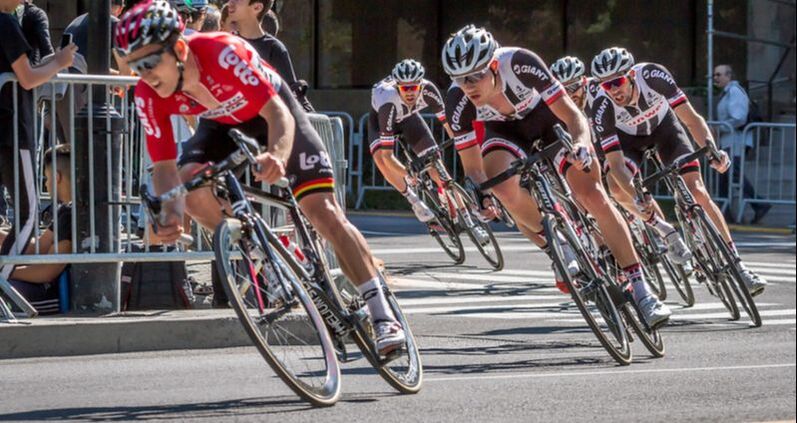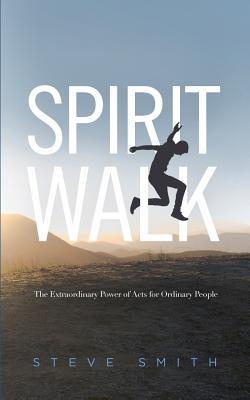|
How did you learn to ride a bike? Did your dad sit you on the couch in front of the TV and say, "Here, watch four hours of the Tour de France. That will do the trick." Probably not. You most likely did watch older brothers or sisters ride bike however. It looked fun and if you were like most kids, you wanted to ride too. Learning to ride bike probably looked more like your dad - or in my case, older brother - running along beside you, one hand holding firmly to the back of your seat to help you balance as you started pedaling and getting the feel of things. That firm grip was released and those first rides certainly included a crash or two followed by comfort and the encouragement to get back in the saddle. In short order, you mastered the art and skill of bike riding. You may not be ready to race in the Tour de France but you are more than capable of a ride across town. You have achieved unconscious competence in the bike riding department. Our journey toward bike riding stardom highlights the basic training principles that are required to make disciples who make disciples. We call these the MAWL principle. Model, Assist, Watch and Launch. This is the basic process through which we all learned to ride bike and it is the model of training that we see Jesus using and later Paul. This basic principle is applied in all good training that leads to actual competence and reproduction, to disciples having the confidence and competence to obey Jesus and make disciples. MODEL Modeling requires us to set the example by actually doing what we want others to do. We see Jesus doing this in his ministry - he is preaching, healing, casting out demons, abiding with the Father, praying, setting strategy. He has taken the disciples with him and they are watching his example, asking questions and asking for deeper teaching. Nathan Shank in Four Fields of Kingdom Growth comments that "What a disciple does in the first three months of faith, he or she will reproduce throughout their walk. If the disciple is asked to passively observe the work of the church, passivity will likely be the "DNA". If the disciple is expected to aggressively pursue friends and loved ones, reproducing what has been trained [modeled], multiplication is set in motion." What we model is important. ASSIST Assisting requires to release our disciples to actually do what it is we want them to do by themselves. We have to put them on the bike. We assist them but they are doing the work. Again we see Jesus doing this with the disciples. Who is going to feed the 4,000? They are. Jesus is going to assist, but they are going to go out and serve the food. Who is doing all the baptizing? They are. Jesus is there and even gets blamed for the baptizing, but the Bible is clear that it is actually his disciples who are doing the work. WATCH Assisting can quickly shift into watching. For some things, assistance might take longer than others and there is rarely a clear line of when we shift from assisting to watching, but shift we must. Our disciples must recognize our release of control so that they are empowered to do the work themselves. In Paul's second letter to Timothy he says, "And the things you've heard me say in the presence of many witnesses, entrust to reliable people who will be qualified to teach others". Paul is watching from afar, hearing reports and coaching Timothy to continue to do what he is doing. And of course your disciples will occasionally crash. Like the first time your dad released your seat and you scrapped your knee as you skidded sideways to the ground, those you are training will make mistakes. They will make messes. They will FAIL. And you will have the grace to pick them up, reassure them that they'll be fine and get them back in the saddle. Don't worry, the kingdom won't fall apart with one mistake. Mistakes are the catalyst for maturity when treated with grace and love and Biblical application. LAUNCH There then comes a time when we must launch our disciples out to run the race on their own. Jesus launches his disciples despite some of them doubting, to go and make disciples of all nations! We see Paul charging the Ephesian elders to stand up and continue the work without him as he heads back to Jerusalem for one final visit. MAWL principles are as old as the Bible but our modern teaching techniques which sequester training in classrooms and pews make it difficult to apply them. Knowledge acquisition has in many ways trumped actual application and competence. And so too often I've simply told people what they ought to do.
I've given hour long seminars. I've preached sermons. I've shared good ideas. But in the end, I've been discouraged by the results. The people I've taught walked away with a head full of knowledge but no real idea how to actually apply that knowledge come Monday morning or no confidence that they actually could. The MAWL principle is what we see in the Bible. And it just makes sense. Everywhere in life where we want to master a skill, these ideas are the way to master them. If you wanted to become an electrician or a mechanic or a carpenter in the past you apprenticed yourself to a master. Modeling, Assisting, Watching and Launching were just what naturally happened every day that you showed up at the shop and worked alongside your boss. If we want to see disciples become disciples who can and are making disciples who in turn can and are making disciples, then we must spend more time training with MAWL principles. Who can you MAWL today?
0 Comments
Your comment will be posted after it is approved.
Leave a Reply. |
The E2E Community
Categories
All
Good Books
Archives
April 2024
|
Proudly powered by Weebly






